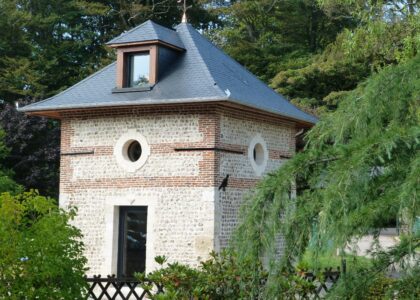Welcome to Little Mountain, South Carolina, a town with a rich history and a charming story to tell. Nestled in Newberry County, this quaint community is named after the nearby Little Mountain, a monadnock that stands as a solitary peak in the flat landscape, defying erosion over centuries.
The town’s story begins in the late 19th century. It was officially founded in 1890, centered around a bustling railroad station on the Columbia, Newberry, and Laurens Railroad line. The establishment of the railroad marked a significant turning point, transforming the area from a tranquil farming community into a thriving town. The railroad station was strategically placed on land owned by Abraham Noah Boland, who is now celebrated as the ‘Father of Little Mountain.’ His foresight laid the groundwork for the town’s development, and he became its first mayor.
The Little Mountain Historic District, listed on the National Register of Historic Places in 2003, preserves the architectural heritage of this period. Visitors can admire structures influenced by Gothic Revival, Neo-Classical, and Victorian styles, which reflect the town’s growth from 1890 to 1950.
A notable event in the town’s history is the Little Mountain Reunion. This annual festival, one of South Carolina’s oldest folk traditions, started in 1882. It was initially organized to encourage alumni reunions for Newberry College, which faced challenges after being misused by Federal troops during the Civil War. Today, the reunion is a vibrant celebration that continues to bring the community together every August.
Little Mountain has evolved significantly over the years. Once a hub for corn, cotton, and grain farming, it is now a serene bedroom community for Columbia, the state capital, located 30 miles away. Despite its small size, with a population of just over 290, the town has maintained its unique character and friendly atmosphere.
Influential figures such as Frederick H. Dominick, who served as postmaster in 1852, and later Abraham Noah Boland in 1888, have played pivotal roles in the town’s development. The Boland House, a historic inn, now serves as a testament to the town’s storied past, offering a glimpse into the life of its early settlers.
As you explore Little Mountain, imagine the bustling activity of a bygone era, when trains chugged through, and the air buzzed with the anticipation of new beginnings. This small town holds within it a legacy of resilience, community, and history that continues to inspire those who visit.




